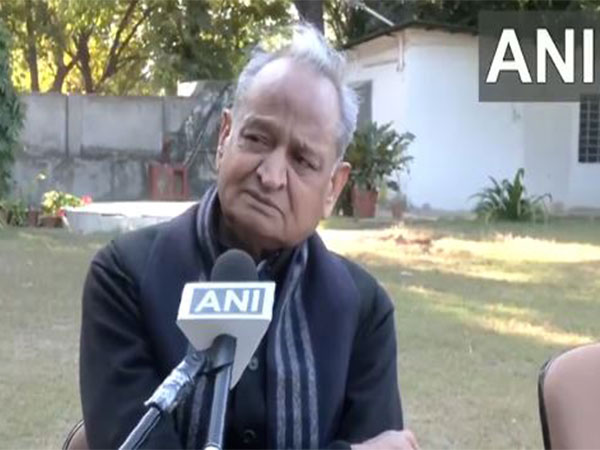Ajmer Dargah Row: Leaders Criticize BJP for Polarization Efforts
Amid rising tensions over the Ajmer Dargah, Congress leader Ashok Gehlot and AIMIM MP Asaduddin Owaisi condemned BJP for polarizing politics. There's criticism over legal challenges to religious sites and concerns about sidetracking national issues for political gain, highlighting a nation divided on issues of faith.

- Country:
- India
In the wake of controversies surrounding the Ajmer Dargah, former Rajasthan Chief Minister and Congress stalwart Ashok Gehlot has launched a stinging rebuke against the Bharatiya Janata Party (BJP), accusing them of fostering division through religious polarization. Gehlot condemned the ruling party's members for stirring confusion by resorting to legal action over the matter.
Gehlot took aim at the laws protecting places of worship established before August 15, 1947, arguing that since the advent of the BJP-RSS regime, religion has been weaponized for electoral gains. He stressed that ongoing unrest hampers developmental potential and critiqued the lack of inclusivity in government policies, suggesting the RSS has failed to unify Hindus.
Further criticism came from AIMIM MP Asaduddin Owaisi, who took to questioning the practices of lower courts, hinting that the Places of Worship Act is being neglected. Owaisi warned of the dangers of widespread territorial disputes involving mosques and dargahs, noting threats to the rule of law and democratic principles.
Samajwadi Party MP Dimple Yadav also voiced her disapproval, claiming those in power strategically divert attention from pressing issues to stall the nation's progress. Amidst the political frenzy, a local court in Ajmer instructed the issuance of notices related to a civil suit arguing the presence of a Shiva temple within the Ajmer Dargah.
Syed Naseruddin Chishty, head of the All India Sufi Sajjadanashin Council, lamented the growing frequency of mosque and dargah claims, emphasizing the need to focus on India's ascent as a global power rather than remaining mired in religious controversies.
(With inputs from agencies.)










